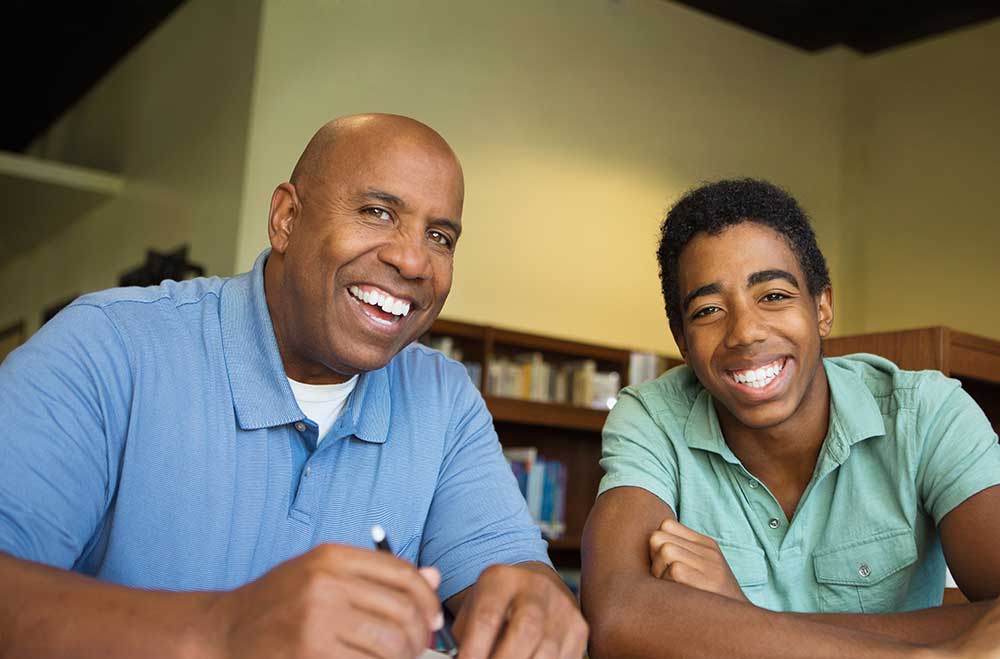Disclaimer: The information on our website is provided for general information purposes only. We make no representations or warranties of any kind, express or implied, about the completeness, accuracy, reliability, suitability or availability with respect to the website or the information contained on our website for any purpose. Any reliance on such information is therefore strictly at your own risk and we are not liable for any damages or losses arising out of or resulting from your reliance on any information contained on our website.
Guidance counselors assist students to overcome their personal challenges and academic development. They may play many roles at a school such as a place a student can turn if having problems at home, a resource teachers can use if they feel a student is struggling and could use the support of a guidance counselor to talk to. They may help students understand and overcome their behavioral or social problems as well. Next, watch a video to learn what a guidance counselor does.
How to Become a Guidance Counselor

Typically, a guidance counselor requires a master’s degree in school counseling, educational psychology, or a related field. This degree covers working with parents, community organizations, school staff, and fostering academic development. These programs also teach you how to use data to develop, implement, and evaluate comprehensive school counseling programs. You should seek a degree with career development courses if you want to assist in this area.
An internship is also usually required in most degree programs, which will help with employment opportunities down the road. Public school counselors need state-issued credentials to practice, and depending on the state, this may be called either an endorsement or a license. The requirements may vary; however, most require you to have completed a master’s degree and practicum under the supervision of someone in the field. In addition, many states require you to take a licensing exam and criminal background check. You can check out these websites for more information American School Counselor Association and National Board for Certified Counselors.
Job Description of a Guidance Counselor
Guidance counselors work with parents, administrators, and teachers to help students achieve success. They may also teaches school staff and students about problem areas such as drug abuse and bullying as well as planning for the future after graduation. They must also report suspected cases of student neglect or abuse to the proper authorities.
Guidance counselors also have direct contact with students. They also work on social and academic matters to ensure students have the resources necessary to be successful. In addition many times they are responsible for the implementation, training of staff, and administration of mandated state wide standardized testing within the school district they reside in. Guidance counselors work full time hours and during the week. They primarily work in an office setting at the school they work at.
Article Citations
Bureau of Labor Statistics, U.S. Department of Labor, Occupational Outlook Handbook, School and Career Counselors.
National Center for O*NET Development. 21-1012.00. O*NET OnLine.
The career video is in the public domain from the U. S. Department of Labor, Employment and Training Administration.

